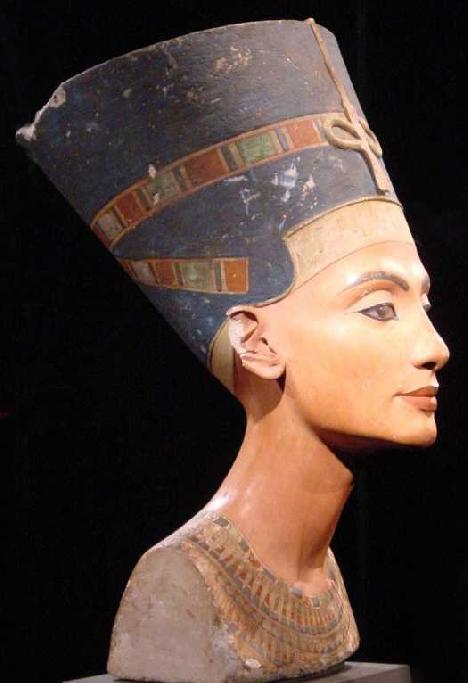|
Life and Legacy of Nefertiti.



Nefertiti The Legendary Queen of Ancient Egypt
Nefertiti is one of the most famous and fascinating figures of ancient Egypt. Known for her stunning beauty and her powerful role as queen during a period of radical religious change, she remains an enduring icon of mystery and influence. This article explores her life, legacy, and the many variations of her name as they appear in history and popular culture.
Nefertity
The spelling “Nefertity” is one of several ways people have tried to write the name of this legendary queen. Regardless of spelling, she is remembered as a symbol of elegance, power, and transformation. She rose to prominence as the wife of Pharaoh Akhenaten and became an essential part of his religious revolution, which shifted Egyptian worship from a pantheon of gods to the singular focus on Aten, the sun disk.
Nefertiti Nefertiti
Nefertiti
Nefertiti Egypt
Queen Nefertiti
Nefertete
Nefertitit
Neferneferuaten Nefertiti
Nefertiti Queen
Princess Nefertiti
Nefertity
Queen Nefertiti
Queen Nefertiti played an extraordinary role in Egyptian history. Unlike many royal wives who stayed in the background, she appeared alongside Akhenaten in public ceremonies and temple reliefs, often shown wearing the royal crown. Her image as “Queen Nefertiti” represents not only beauty but also authority. Her partnership with Akhenaten helped shape the cultural and religious landscape of the Amarna Period.
Nefertiti Nefertiti
The repeated use of “Nefertiti Nefertiti” in some texts underscores the queen’s importance. This repetition may reflect the echo of her name in prayers, songs, or later traditions. Today, the repetition also symbolizes how Nefertiti’s legend has been retold in art, literature, and archaeology for over a century since the discovery of her iconic bust in 1912.
Nefertiti Egypt
Nefertiti’s name is inseparable from Egypt. She embodies a period when the country experimented with monotheism, artistic innovation, and political change. To speak of “Nefertiti Egypt” is to recall an Egypt at a crossroads, where tradition met reform and where a queen became as famous as any pharaoh of her age.
Nefertete
“Nefertete” is another variation of her name found in different languages and historical texts. This alternate spelling shows how widely Nefertiti’s reputation spread, crossing linguistic and cultural boundaries from ancient inscriptions to modern museum labels.
Nefertitit
“Nefertitit” is yet another variation, reflecting the challenges of translating hieroglyphic names into modern alphabets. Despite the differences in spelling, all point back to the same remarkable queen whose image still captivates visitors in museums and readers in books worldwide.
Neferneferuaten Nefertiti
Nefertiti’s full name was Neferneferuaten Nefertiti, which means “Beautiful are the beauties of Aten, the beautiful one has come.” This longer title emphasizes her role as the living embodiment of Aten’s grace and beauty. Some scholars believe she may have even ruled Egypt after Akhenaten’s death under the name Neferneferuaten.
Nefertiti Queen / Princess Nefertiti
While Nefertiti’s parentage remains uncertain, some theories suggest she may have been of noble birth or connected to the royal court, which could explain why she appears in some records as “Princess Nefertiti.” As queen, she displayed unprecedented visibility and authority, making her one of the most remarkable royal women in Egyptian history.
Conclusion
Nefertiti remains a timeless symbol of power, beauty, and change. Her story is not just about one queen but about an era that dared to rewrite Egypt’s traditions. Today, her bust in the Neues Museum continues to inspire millions of visitors each year. For more detailed information, you can visit Encyclopedia Britannica.
Frequently Asked Questions
Who was Nefertiti?
Nefertiti was the Great Royal Wife of Pharaoh Akhenaten and one of the most influential queens of ancient Egypt.
What does Nefertiti mean?
Her name means “the beautiful one has come,” reflecting her celebrated beauty and royal presence.
Where is the bust of Nefertiti displayed?
The iconic bust of Nefertiti is housed in the Neues Museum in Berlin, where it attracts millions of visitors.
Was Nefertiti ever a ruler?
Some evidence suggests she may have acted with royal authority and possibly ruled briefly, but historians continue to debate the details.
|